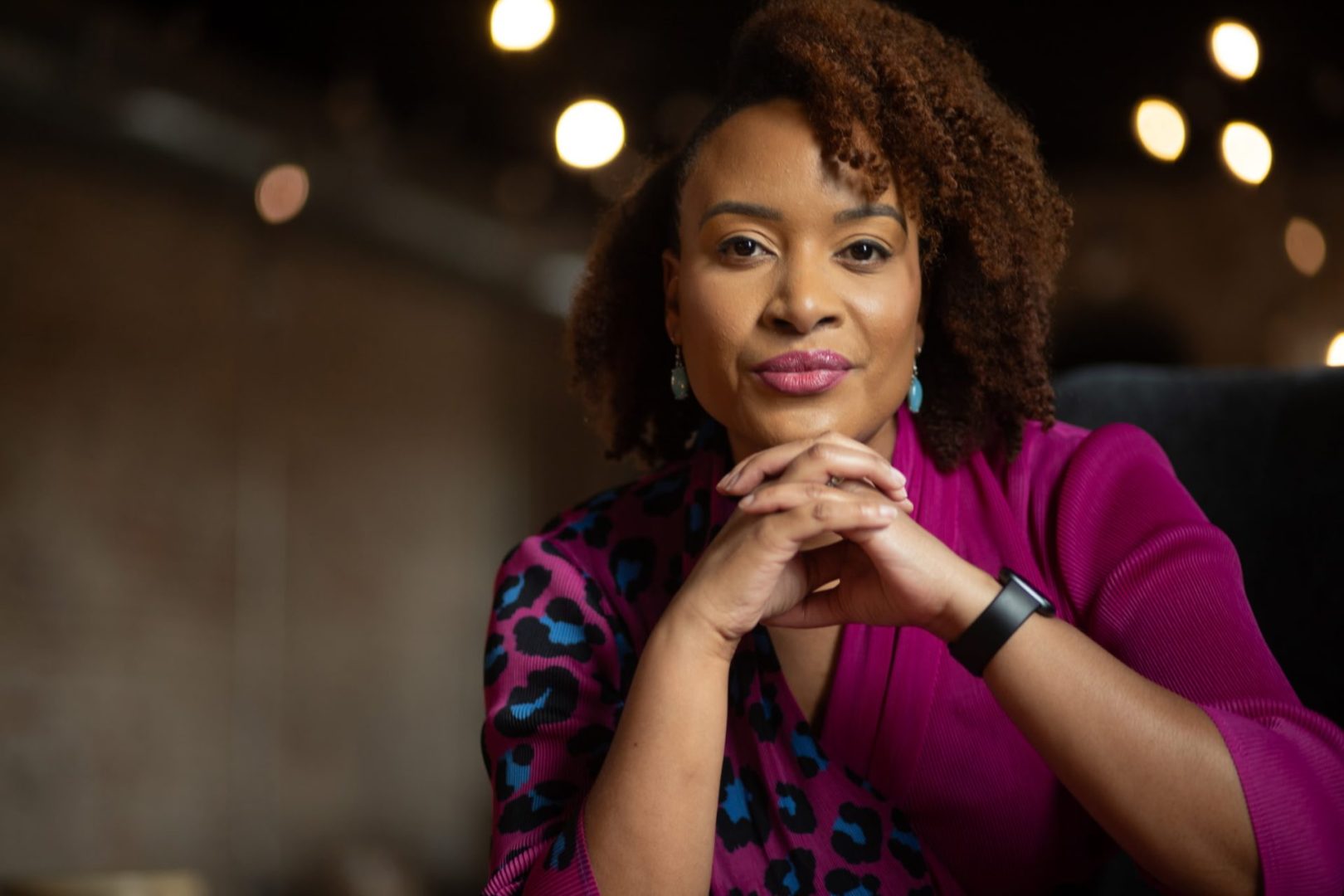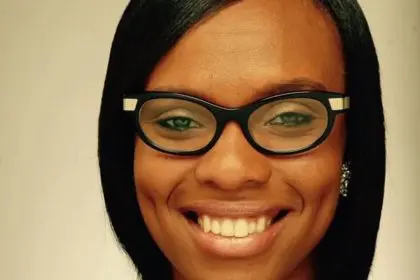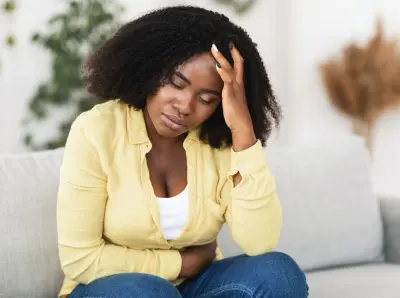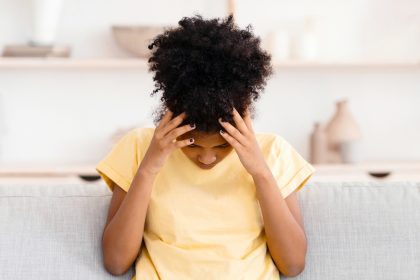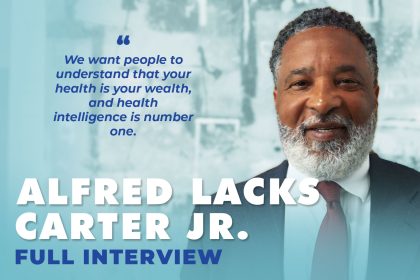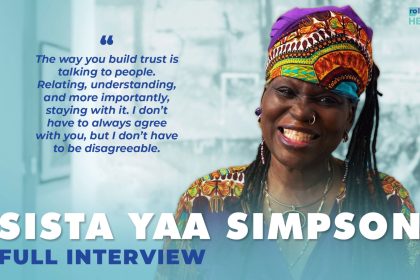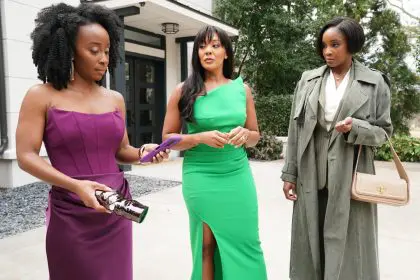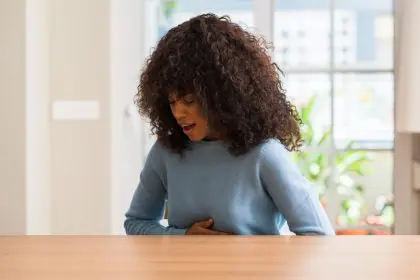Video interview with Dr. Tenise Hordge coming soon. Check back shortly to watch this exclusive conversation.
In the battle against alarming Black maternal health disparities, Dr. Tenise Hordge stands as a powerful advocate and change agent. With a unique combination of academic credentials, a Doctorate in Healthcare Administration, an MBA, and a BSE in Industrial Engineering, Dr. Hordge brings both analytical precision and passionate advocacy to maternal health. As founder of More Milk, a nonprofit focused on breastfeeding education, and Mother’s Magical Milk, a maternal wellness consulting firm, she’s creating pathways for Black mothers to receive culturally competent care. Her upcoming State of Black Maternal Health Texas Summit represents her commitment to transforming statistics into solutions.
What inspired you to create the State of Black Maternal Health Texas Summit?
This week kicks off Black Maternal Health Week, and so our summit, the State of Black Maternal Health, really highlights what’s going on here in the State of Texas. My nonprofit, More Milk, which is a little play on word as an International Board Certified Lactation Consultant, the milk is Maternal Impact Leadership and Knowledge. While our focus really centers around breastfeeding, we understand that looking at maternal health as a whole, especially in marginalized communities and the Black community, we can really affect positive change as it relates to breastfeeding. The State of Black Maternal Health Texas really identifies the social determinants of health that contribute to these high and infuriating and scary maternal morbidity and mortality rates that Black birthing women are experiencing here in Texas.
Who should attend this summit?
I really want people in the room that can affect positive change. When I personally think of Black maternal health, it can be very daunting. It can be very heavy, and we have a lot of baggage that comes along with that, but I don’t want that to be the mood of the room. I do want to acknowledge that that is there, I want to hold space for that, but I want the individuals, the birth workers, the Allied health professionals, the community leaders, the activists in the room that can really put together a plan so that we can start executing positive, impactful change for this generation and the generations to come.
Can you tell us about some of the presenters at the summit?
We have a fantastic lineup, we’re going to kick off this Friday with a literal State of Black Maternal Health Texas. We’re going to talk about mental aspects of maternal health, postpartum support, and prenatally, what we can be expecting. Then on Saturday we’re going to really dive into some more of the statistics, some things to identify, to be on the lookout. We have a fantastic speaker from Texas Health, Mansfield, she’s going to be talking about innovative policy and advocacy, as it relates to maternal health equity, and we all know that equity does not equal equality.
We will have a breakout session where we’re really going to be working on a communications plan. We have some categories that we’ve identified from the social determinants of health where we can affect positive change, some strategy, contacts, those types of things. It’s going to be hands-on, bringing that corporate energy into this summit.
We also have a D9, and Jack and Jill panel. These organizations have been advocating for well over a hundred years for children. We’re going to have a discussion about how we can take those skills and advocate now in the maternal health realm and arena. We also have a fantastic speaker from Dallas Health and Human Services. Misty Wadler is going to be chatting with us about building these sustainable community outreach programs because oftentimes we see families in the hospital and that’s it.
The last thing that we’re going to end with is a connections panel, because one of the things I don’t want individuals leaving this summit is not knowing where to send resources. Through that communications and connections panel, we’ll be able to say, “Hey, I know that Bridges Safe House in Cedar Hill has these types of resources, or I know the Afiya Center in Dallas has these types of resources” so that we can better support the communities that we all collectively serve.
What can someone outside of Texas do as an advocate for Black maternal health?
Be aware that there are these discrepancies. Texas in general has a lot to learn from maternal health, but when it comes specifically to Black maternal health, that’s where we really start to see that problem explode. Someone in Chicago needs to understand what the literal state is, what are those stats, and then be able to identify what are the contributing causes. One of the things that really pulls my heartstrings but also irks me at the same time is that anywhere between 70 and 85% of these deaths are preventable.
We’re talking about systemic racism. We’re talking about access to care and access to care means transportation. In the year 2025 people can’t get to prenatal doctor’s appointments or follow ups because they don’t have transportation. People will be able to attend the conference, understand the stats, understand the social determinants of health, and really put pen to paper on actionable things like a car ride system, or whatever it might be, that we can really influence and get positive change.
How can men contribute to improving Black maternal health?
They should be attending this summit or a summit in their city. The society likes to paint this picture, that men are absent, especially men that have a little darker hue. So our Hispanic men or our African American men, and that is just not the case. They’re there, they’re showing up, they’re involved, they’re concerned about their birthing wife, they’re concerned about the mother of their child, they’re concerned about their child.
Coming to a summit like this will help to arm dads, fathers, uncles, brothers, cousins, these supporters with asking the right questions, being there to support, stepping in when your female relative loved one can’t. Not only do we need our men to do this, we need our aunties and cousins, we need everyone to do this, but men especially. They carry that kind of weight, they have deeper voices, they usually have these larger appearances that can’t be ignored, and so we absolutely need them for that as well.
What is your call to action for those attending the summit?
I’m going to pull on my ancestors. You have to determine what side of history you want to be on. These are abysmal times, these are unprecedented times, but we are well equipped to bring us through. We’ve been brought to, now we have to bring through, and so the call to action is to bring through. Let’s bring our experiences, let’s bring our expertise, let’s bring our passion, and let’s make a really big impact for the next generation.
Where can people learn more about you and the summit?
You can find us More Milk on all of the socials, our website is www.moremilk.org. More Milk is really dedicated in providing that educational piece that’s missing. Next on my agenda is really creating some round tables, taking the action plans from the summit and having an action or a chart list so that we can go and get these things done. I’ll be soliciting roundtable individuals that can work alongside myself and my fantastic board in achieving positive change, as it relates to the State of Black Maternal Health here in Texas.
I am on LinkedIn. So, Dr. Tenise Hordge, you can follow me. You can also follow my lactation firm that’s dedicated to clinical lactation care, Mother’s Magical Milk on all the socials as well.

